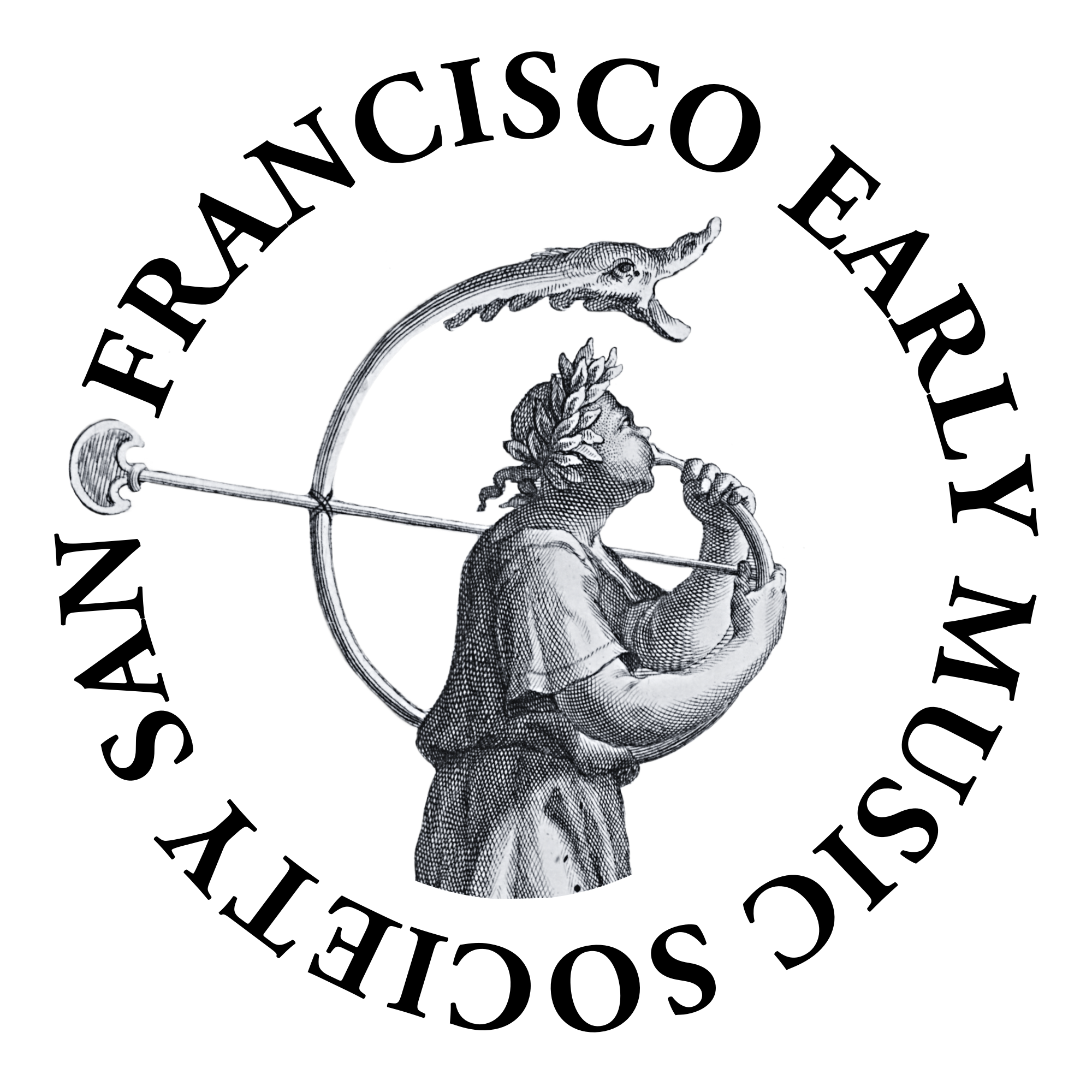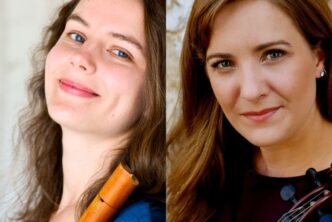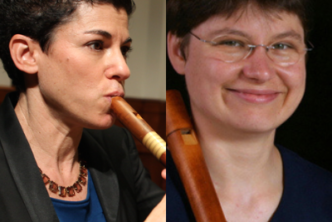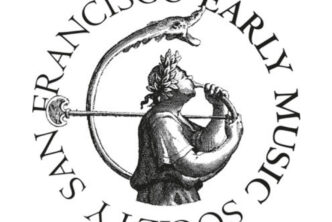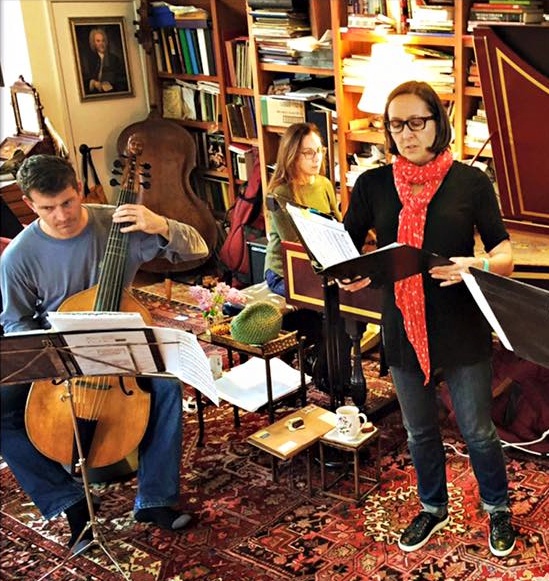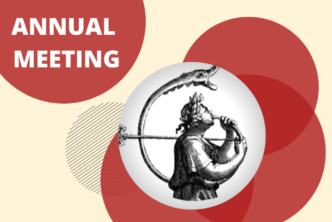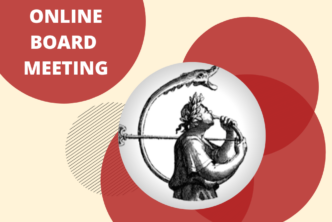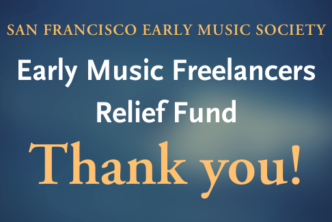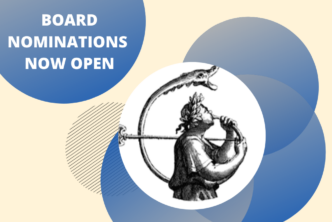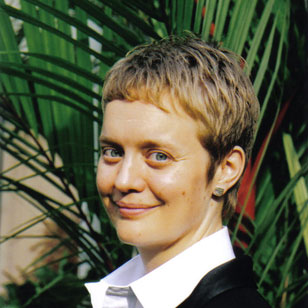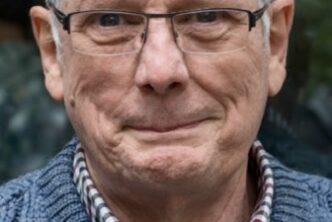Glimpses into a family’s musical archive
by Nicholas Jones
On Sunday, January 19, SFEMS and the California Jazz Conservatory co-present an afternoon salon based on the music of Jane Austen and her family, featuring a few of the songs and piano pieces that Austen herself knew, as well as readings from her letters and novels. Rita Lilly, soprano; Nick Jones, narrator; and Derek Tam, fortepiano, will lead this exploration. Nick Jones contributed the following notes.
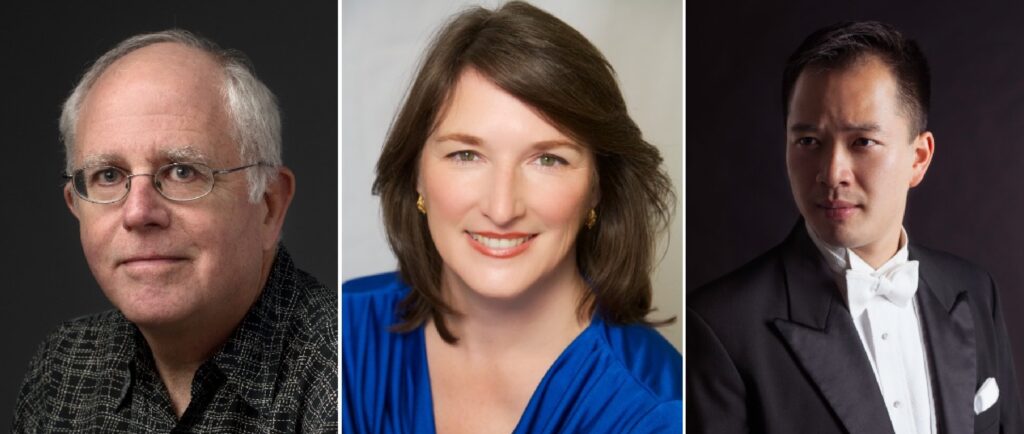
In the England of Jane Austen, music was an essential social occupation—to be listened to (it was the time when “concerts” as we know them began), but even more importantly to be performed at home. Piano, harp, flute, violin, the occasional cello—these were instruments practiced by young gentlewomen and gentlemen of Austen’s class (educated, well-off, but not aristocratic), and music publishers were eager to supply solos and chamber music for their candle-lit evening entertainments. Everyone knew the latest songs, and the most popular of them were arranged and re-arranged for multiple combinations of voices and instruments. Dancing, too, was a key part of any get-together, even in a room that might hold only a handful of dancers, and the dance music was almost always home-made.
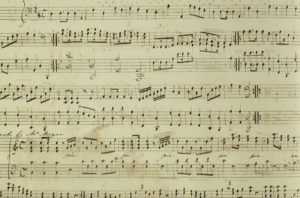
We think of the late 18th and early 19th centuries as the time of musical innovation and genius—Mozart, Haydn, Beethoven, Schubert. But when we open the musical archives of the Austen family (nearly 600 pieces of music, preserved and curated at the University of Southhampton, and available online) we find an entirely different set of names: Samuel Webbe, Ignaz Pleyel, William Reeve, Frantisek Kotzwara (whose piano piece, “The Battle of Prague,” is mentioned in Huckleberry Finn)—as well as the occasional Handel, Haydn, or Glück. There are, of course, many songs by the prolific “Anonymous.”
The music that Jane Austen heard and played (she was a decent, though not stunning keyboard player) made its way, of course, into her novels, where taste and decorum (in music as in all other aspects of life) signal the characters as either absurd or worthy. Poor Mary Bennett, pedantic and clueless, bores everyone with a grandiose concerto well past her abilities; Elizabeth Bennett, more modest and more congenial, provides the company with much simpler and more enjoyable dance tunes.
Long after her death, Jane Austen’s nephew remembered his aunt fondly: “In the evening she would sometimes sing, to her own accompaniment, some simple old songs, the words and airs of which, now never heard, still linger in my memory.” Clearly, Jane Austen’s own musicality gave pleasure—to her family and friends, and we may presume, to herself. We hope our recreation of an Austen musical afternoon gives you pleasure, too.
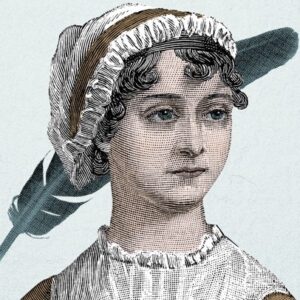 An Austen Afternoon takes place at Rendon Hall at The JazzSchool, 2040 Addison Street in Berkeley, starting at 4:30 p.m. The CJC is a wonderful venue, offering a casual and intimate environment where the audience can relax with a light meal and sip a glass of wine or a cup of coffee while enjoying the concert. Tickets for this performance are $25. Please note that all tickets for the SFEMS-CJC concerts are sold directly by the Jazz Conservatory, not by SFEMS. You may purchase advance tickets online or at the door.
An Austen Afternoon takes place at Rendon Hall at The JazzSchool, 2040 Addison Street in Berkeley, starting at 4:30 p.m. The CJC is a wonderful venue, offering a casual and intimate environment where the audience can relax with a light meal and sip a glass of wine or a cup of coffee while enjoying the concert. Tickets for this performance are $25. Please note that all tickets for the SFEMS-CJC concerts are sold directly by the Jazz Conservatory, not by SFEMS. You may purchase advance tickets online or at the door.

